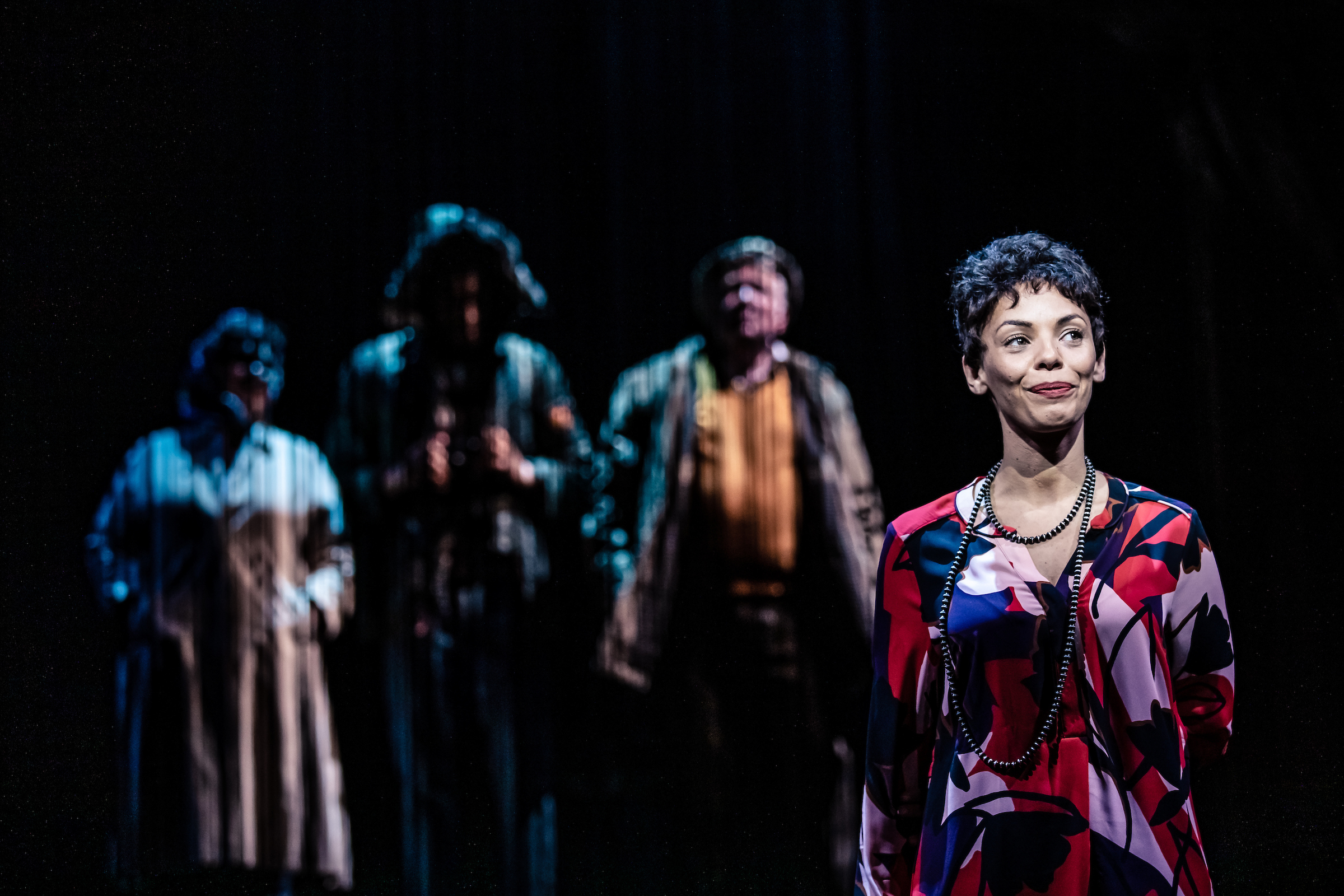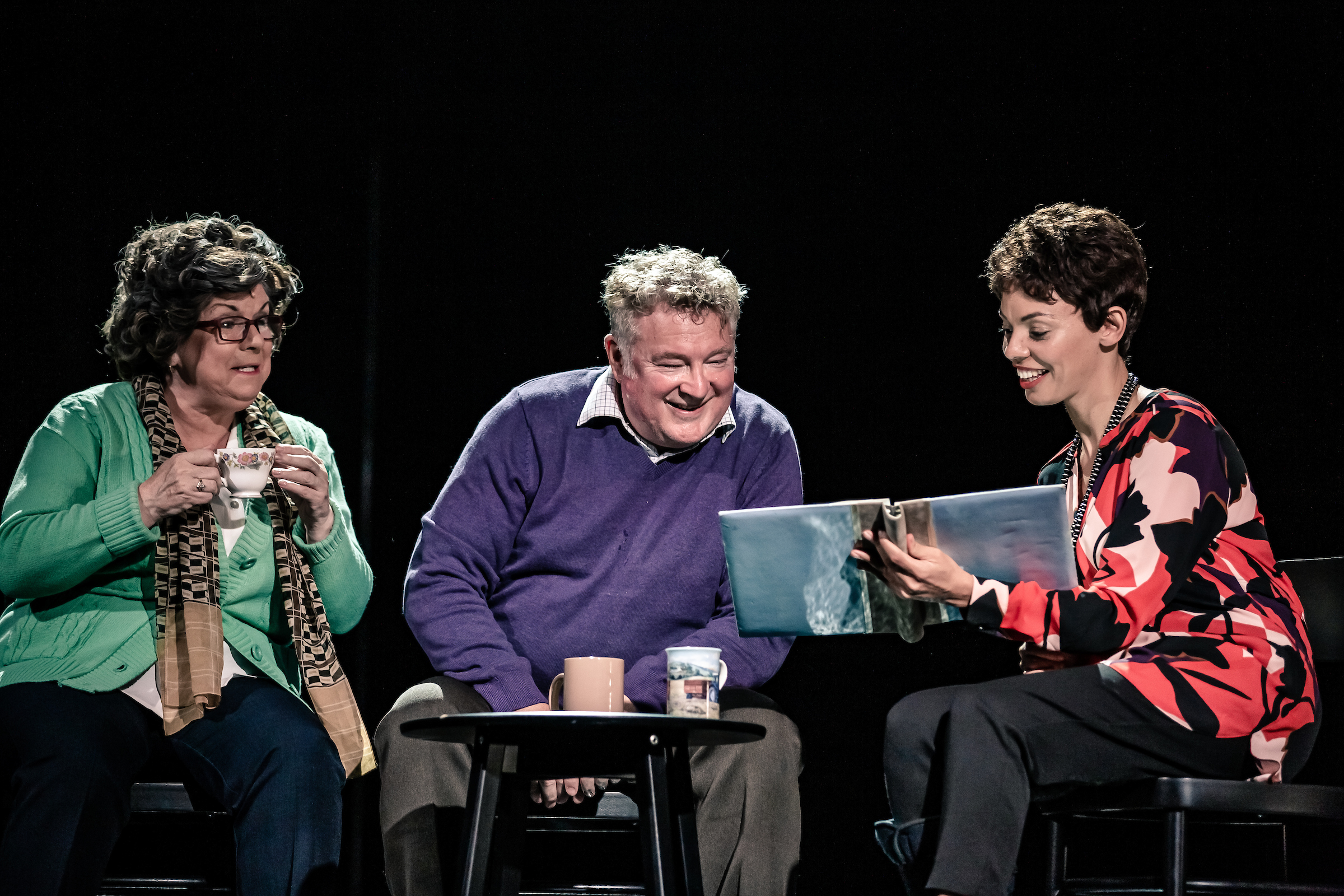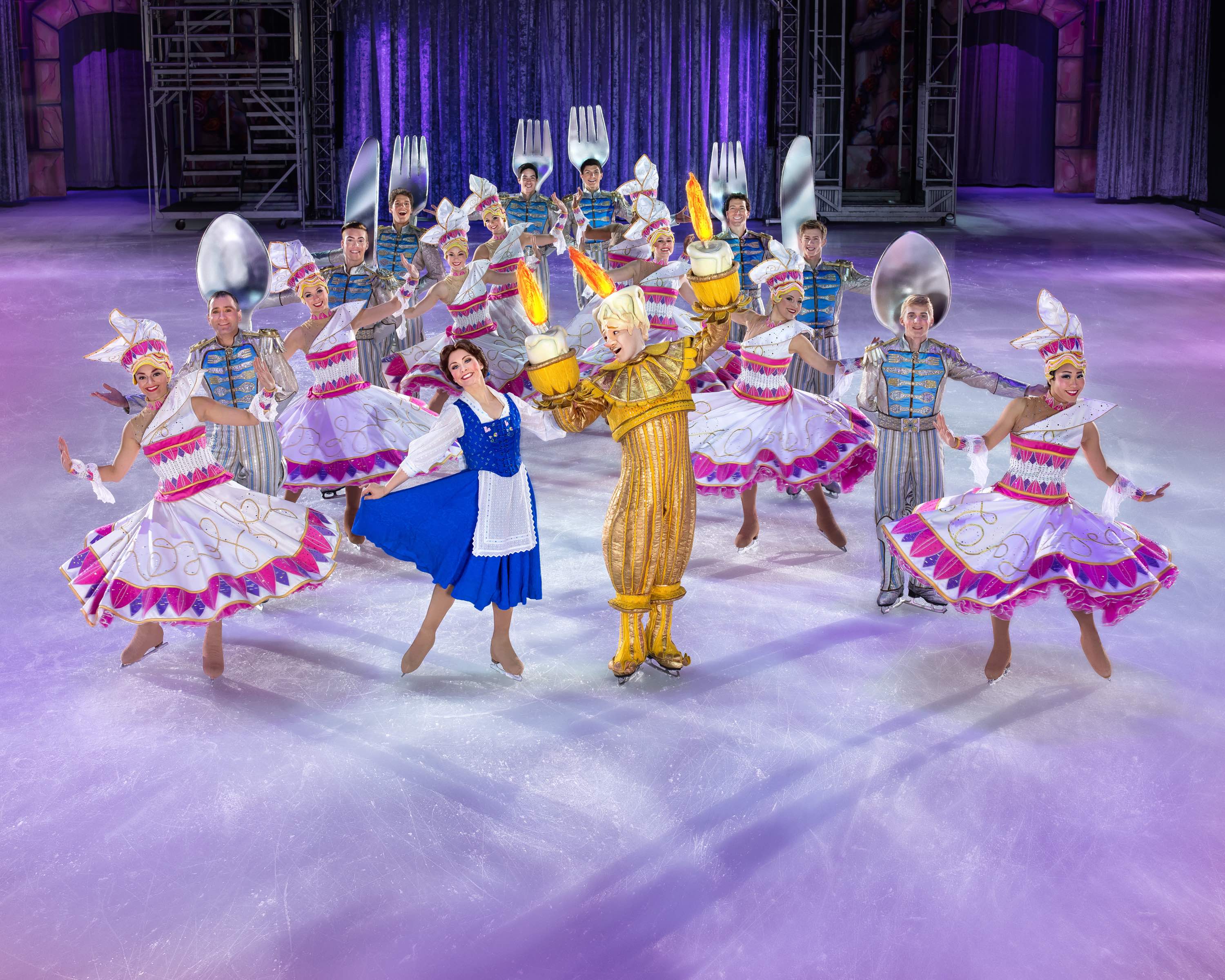Jackie Kay’s 2010 acclaimed memoir Red Dust Road is the story of a journey as Kay comes to terms with the fact that she’s adopted and gradually wends her way from Scotland to Nigeria in search of her birth parents. But the book has since gone on a journey of its own.
Garlanded with awards, Red Dust Road has now been adapted for the stage by Tanika Gupta. Directed by Dawn Walton, it arrives at HOME in Manchester on September 11, fresh from a Scottish run, with Sasha Frost in the role of Jackie. Speaking to Northern Soul, Kay says: “It’s very weird. It’s almost surreal and kind of liberating in some strange way – you know, if somebody else is going to be playing you for a while, can you be somebody else?”
Needless to say, the piece remains hugely personal for Kay. The National Theatre of Scotland approached her about a stage version back when the book was first published, and she admits to having felt both enthusiastic and reluctant at the prospect.
“A bit of both, really. I said ‘yes’ and then it’s taken this long to get to do it, so in that space of time I’ve got very used to the idea of it being done and it’s been through various different other lives. The thing is, when you write something it initially has another life anyway, with the reader. A reader has their own way of interpreting your whole story, so you have to get over that when you’re writing a memoir in the first instance. That’s the first big hurdle. Once you’ve done that the idea of something becoming a piece of theatre is quite liberating in a way, because it means that other people will create on top of your creation.”
As well as her work as a poet and novelist, Kay has some experience as a playwright, but besides having a say over the Red Dust Road script and the casting, she was adamant that she didn’t want to write the stage adaptation. “I thought I’d be too close to it and I didn’t know that I would be able to bring out the drama in it myself. I wouldn’t necessarily be able to choose what parts to keep and what parts to go. I’d just be too close to it. Too many cooks spoil the broth and I think it’s their broth now. Once you send a story out into the world it belongs outside of you. It’s no longer really your story and in a way the more personal it can seem, the less personal it is.”
Theatre is a medium that Kay feels “massively” passionate about. “I’ve always really loved the theatre. In fact, I used to want to be an actress. I went to the Royal Scottish Academy of Music and Drama when I was a kid between the age of 12 and 16. I used to go for lots of auditions and never get any parts, and then one day a woman said to me [strong Scottish accent] ‘you’re really good, dear – you’re just the wrong colour’. I was 13-years-old! I thought, ‘right, well I need to write parts then’, so some of the first things I wrote were plays.”
 Right now, Kay has no plans to write anything for the theatre, but that’s not to say she won’t change her mind.
Right now, Kay has no plans to write anything for the theatre, but that’s not to say she won’t change her mind.
“I don’t have an urge to write a new play at the moment because I’m busy with this second novel that I’ve got to get finished, but maybe after that it will clear some space in my head. I never think of writing plays as being my forte in particular, though. I just think they’re very, very hard to do. It’s hard to get something up and running in real time and unfold before the audience’s eyes to get them involved. Some playwrights do it wonderfully and some don’t.”
Within the Red Dust Road story, Kay travelling to Laos to meet her birth father is a striking and memorable episode. As in real life, though, Kay’s Scottish parents are every bit as important and she was keen for this to be reflected accurately in the stage version.
“We don’t live our life as sensations and although other people can come along and sensationalise our lives, it’s often only because they need to distort something in order to make a story seem like a story. In fact, all of our lives are stories, all of the time. When people go through any kind of big change in their lives, whether it be divorce or grief or bereavement or an accident that changes their body in some way, often they feel that sudden need put pen to paper, because in a way trauma needs to be recorded to ourselves. But it’s really important to me that every part of the story is told.”
For Kay, this balance is the right at the heart of Red Dust Road. “People would often say to me when I was growing up, ‘who are your real parents?’. Well, to me my real parents were John and Helen Kay who brought me up, and they still are. These questions that we ask ourselves are often kind of binary and they’re about choosing one thing over another. Actually, the book’s message, if it’s anything, is that we are all of these things. We are multitudes, we are complex, and the truth is multiple, it’s not singular. I would hate the play to focus on just one thing. I wanted the Scottish me to be brought out as strongly as the Nigerian me, if you like.”
 Curiously, there are many ways in which the Red Dust Road play is crossing over with Kay’s real life. It debuted at the Lyceum in Edinburgh, where she grew up. It was developed with the Macrobert Arts Centre in Stirling, where Kay went to university (she has fond student memories of attending shows at the ‘MacBob’ by legendary theatre companies such as 7:84, Gay Sweatshop and Wildcat). Now the play reaches Manchester, Kay’s current home. Indeed, it’s at HOME, of which she is a keen official patron. In the imaginary film of her life, there would surely be a pretty mind-warping scene where Kay is sitting in the audience watching the Red Dust Road play with her elderly parents, as she did on the opening night at the Edinburgh Lyceum.
Curiously, there are many ways in which the Red Dust Road play is crossing over with Kay’s real life. It debuted at the Lyceum in Edinburgh, where she grew up. It was developed with the Macrobert Arts Centre in Stirling, where Kay went to university (she has fond student memories of attending shows at the ‘MacBob’ by legendary theatre companies such as 7:84, Gay Sweatshop and Wildcat). Now the play reaches Manchester, Kay’s current home. Indeed, it’s at HOME, of which she is a keen official patron. In the imaginary film of her life, there would surely be a pretty mind-warping scene where Kay is sitting in the audience watching the Red Dust Road play with her elderly parents, as she did on the opening night at the Edinburgh Lyceum.
Kay suggests that she could imagine write a further volume of memoir one day. “I’ve answered ‘no’ to that question for years, but now that I’m at a different stage in my life, I just might. I think I started writing Red Dust Road because it felt like my life was a story that was happening to me, that in order to understand the story I had to tell it to myself initially, and that once I’d told the story to myself I could somehow digest or divulge it and get on with my life better. Now I feel a bit like my life is a story that’s happening to me again and whenever that happens, it kind of prompts you to want to write it.”
 In any form, Red Dust Road has tended to have a mighty impact on readers, many of whom have contacted Kay to thank her and share their own stories.
In any form, Red Dust Road has tended to have a mighty impact on readers, many of whom have contacted Kay to thank her and share their own stories.
“I get lots and lots of really heartfelt letters about it. Some people have even written to me telling me that it prompted them to go off and search for their parents. I’ve had quite a few letters from people who are then off to Nigeria or Kenya or wherever. You kind of want to tell them to take care and look after themselves. You feel a little bit responsible.”
Many readers were left wanting more. “Around Christmas time a man came up to me in John Lewis in Glasgow and said [strong Glaswegian accent], ‘Excuse me interrupting you in your private life, but are you Jackie Kay?’. I said ‘yes’ and he said ‘Aye, I loved Red Dust Road, I just want to thank you for that book – and could you not write a new chapter every Christmas and tell us how everybody is getting on?’. That made me realise that people really want to know what happened next, after the book stopped. The other thing about adoption is that it is an ongoing story. There’s a point at which you stop writing it, perhaps, but there isn’t a point at which it stops happening.”
Main image: Jackie Kay. Photo by Denise Else.
 Red Dust Road is at HOME in Manchester from September 11-21, 2019. For more information, click here.
Red Dust Road is at HOME in Manchester from September 11-21, 2019. For more information, click here.











